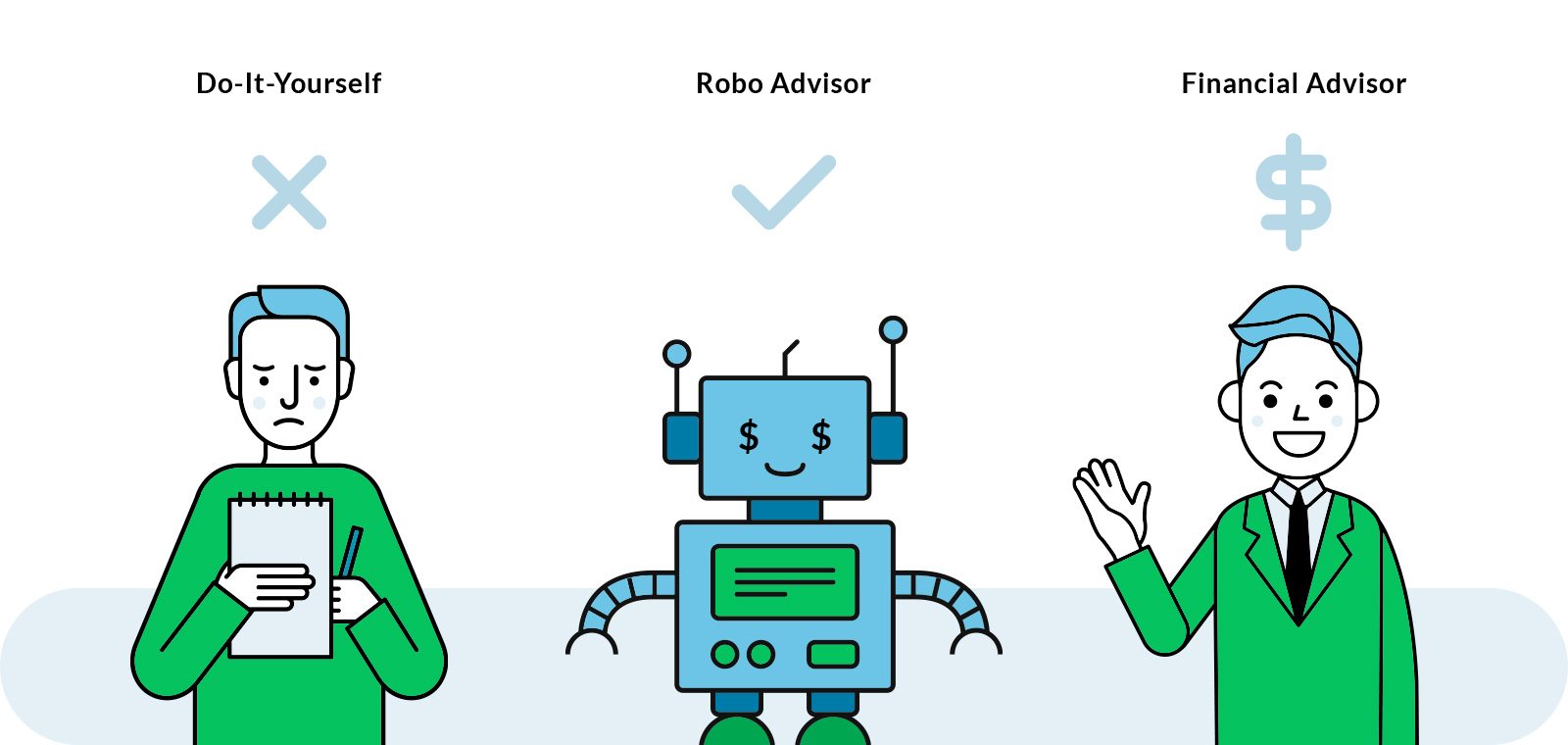What is Brokerage?
If we want to buy or sell bonds or stocks or even keep assets somewhere, we need a broker. Brokerage refers to a company which does these things, which both buyers and sellers use. These transactions seem like a distant dream to us “average folk,” but in the 21st century, more and more brokerage firms started providing their services to people who aren’t millionaires or wealthy company owners. The goal of these firms was to amass a lot of small clients and get them involved in the stock exchange.

With that in mind, we will provide our readers with a short list of brokerage account types. We will focus on what they are, how they work and what their advantages and disadvantages can be.
Brokerage and the Internet
Before we move on to the individual brokerage accounts, we will focus on how brokers grew and exploded with the advent of the World Wide Web.
The Internet has proven itself to be a useful tool for every business venture. It’s no wonder, then, that brokerage went online and grew in size and scope. First online brokerage firms at the time were E*Trade and FOREX. These and other companies decided to implement and expand the so-called “discount brokerage model.” They did so by sizing down commissions and minimum balances per person. The internet gave them the advantage of less actual, physical space and fewer human brokers.
In no time flat, small companies went toe-to-toe with stock exchange giants. All they had to do is get creative with the new tool on the market and let the business grow organically.
Self-Directed Investing
Internet brokerage brought down trading costs drastically. This was the perfect climate to grow a different type of investor.
Self-directed investors do their own research when it comes to investing. They have the ability (and the power) to pick their own bonds and stocks. Their portfolio can grow at whatever pace they choose it to.
Online Brokerage Accounts: The Power of Choice
Of course, the Internet didn’t wipe away the traditional broker platforms. Anyone who wanted to join the game of stocks and shares could pick any of the available platforms. That included both discount models, traditional models and the new, self-directed ones.
However, the power of the internet managed to even eschew the human element. We will get more in-depth with this model, but we would be remiss not to mention it here and now. The early and mid-2000s have introduced us to the robo-advisor. Robo-advisors, in a nutshell, are software that automatically manages investment decisions and transactions with little to no cost to the user. On top of that, we could even use them on our smartphones! Since 2008-ish, close to a hundred of these robo-advisors popped up. Their combined assets can reach close to $20 trillion before 2020.
Brokerage Account Types – the List
We’ve given some backstory on brokerage models and platforms, spoke of their growth alongside the growth of the Internet in general, as well as their potential revenue. Now let’s get more in-depth with each account type.
Human Brokers
One can rarely go wrong with tradition. After all, a human financial advisor and broker can be far more creative than an algorithm.

Since the stock markets came into existence, they were, and still remain, jam-packed with advisors. They provide creative financial advice, insurance, accounting services, lines of credit, estate planning, investment monitoring, and portfolio building. The reason they stuck around to the modern day is the power of human contact. Most potential brokers like to discuss their ideas and purchases with someone who’s an expert in the field.
Benefits and Flaws of Human Brokers
Possibly the best benefit of a human broker is the ability to discuss their services and their going rates. Normally they ask roughly 1.00% for a year or anywhere up to $50 per single trade. Naturally, clients can negotiate these prices, and they can do so online or via a phone call. In fact, some brokers make it a point to meet their potential clients annually for a better cooperation. Nothing beats that when it comes to direct human contact and brokerage accounts.
But human advisors and brokers have their flaws. For example, not every broker out there is entirely honest or clean. If possible, we urge our readers to use a tool such as FINRA’s broker check before hiring a broker. They might have outstanding violations or frequent complaints from former clients. The price size is also an issue, so it’s a smart idea to check why a particular broker wants anything over 1%.
We also tend to make sure our human brokers have proper certification in their field. That would cement professionalism and help us rather than hinder us in online stock sales.
Self-Directed Online Broker Accounts
Nearly every financial platform worth its salt (E*Trade, Robinhood, Capital One, Wells Fargo, etc.) has this type of account. A self-directed account allows the user to pick the investments they deem useful. Aside from that, these broker accounts give us tools for research analysis, expert insights, recommendations and other titbits of brokerage wisdom. In other words, they give us the tools, we build our own portfolio using them.
In terms of charging, we pay in commissions per single transaction. We can make option strategies, invest in mutual funds, invest in individual stocks, trade on margin and so on.
The reason these are called “self-directed” accounts is that they’re designed for entrepreneurial individual stock traders. Anyone who wants their independence can use them to their advantage. As such, each of these online platforms offers different features. Some provide research tools to people who pay more per trade. Others provide free trades to active traders.
Benefits and Flaws of Self-Directed Online Broker Accounts
It’s hard to state what the flaws of these types of accounts are, considering that each platform has different features. In other words, one webpage with a self-directed account can be far more suited for a day trader, but really bad for someone who makes only a few trades a year. The best thing to do, then, is to research the platform and see if it fits our needs.
Robo-Advisors
The latest broker account type, these robo-advisors automatically manage the user’s portfolio and provide low-price ETFs.
Benefits and Flaws of Robo-Advisors
The biggest single benefit of a robo-advisor is that we can invest as little as a single dollar on certain platforms. In fact, we can invest any amount with zero research, individual stock choices or rebalancing. Some of these platforms even optimize your portfolio for taxes. So anyone who’s a new or passive investor will love robo-advisors.

However, these brokerage accounts are not for active or experienced traders. They can appear too dry or automated, without a lot of creativity to them. And considering that they are basically automated algorithms, they cannot provide valuable financial advice. That privilege belongs to human brokers.
To Sum It All Up…
Out of the three brokerage account types, which one is the best? Well, it depends on the user. If we want to start fresh, we will probably require either a robo-advisor or, if we feel brave enough, a self-directed account. But for anyone who cares to go that extra step, hiring a good financial advisor is always the best option.


LEAVE A REPLY